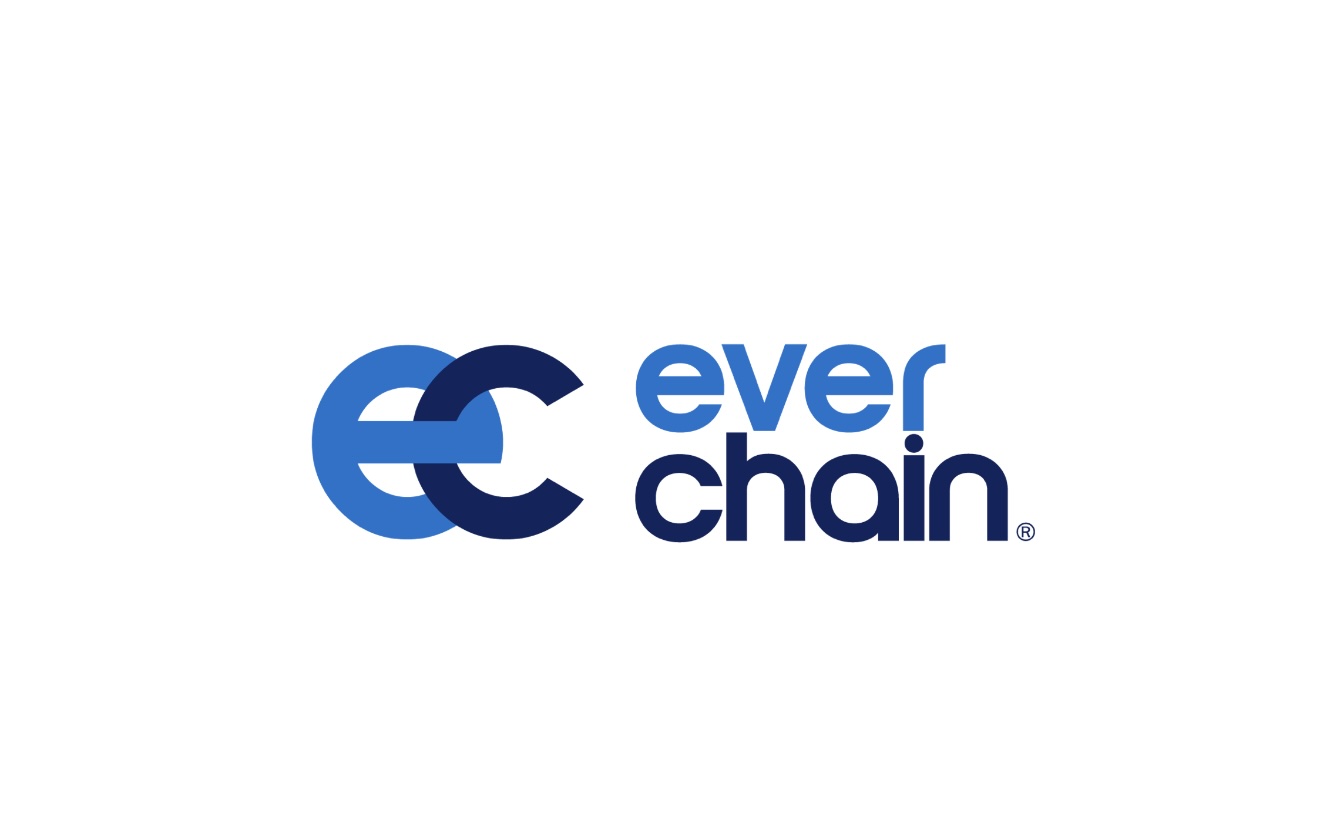Source: site

Increased Moral Hazard
Raising the insurance cap so significantly diminishes incentives for both banks and large depositors to monitor risk. When deposits are guaranteed far beyond typical needs, the discipline exercised by sophisticated depositors—who might otherwise move their funds from risky banks—is lost. Banks, in turn, may feel emboldened to take on greater risks, knowing losses are likely to be socialized through government guarantees. This dynamic, critics say, undermines market discipline and increases the likelihood of future taxpayer-funded bailouts.
Who Benefits?
Most small business accounts already fall well below the existing $250,000 cap, meaning this change disproportionately benefits large depositors, such as wealthy corporations and not “Main Street.” As a result, new insurance limits would shift much of the cost and risk onto the public, including through higher fees and reduced bank services, while providing scant additional protection to everyday savers.
Systemic Risk and Cost
Expanding deposit insurance substantially increases the potential burden on the federal insurance fund, which is ultimately funded by banks and their customers. If the insurance fund is depleted by large bank failures, the effects can cascade to taxpayers. Furthermore, increasing the insurance cap encourages a system where profits are privatized but losses are socialized, eroding faith in responsible market capitalism.
Policy Alternatives
Critics of the hike argue that reforms should focus on strengthening risk management and accountability, rather than expanding safety nets that encourage moral hazard. Maintaining or slightly adjusting current coverage, rather than implementing dramatic expansions, is recommended for preserving market discipline and long-term financial stability.
In summary, the proposed FDIC deposit insurance hike is seen by many as a policy that would reward risk—by insulating large, risk-tolerant depositors—at the expense of taxpayer safety and the principles of responsible banking.




